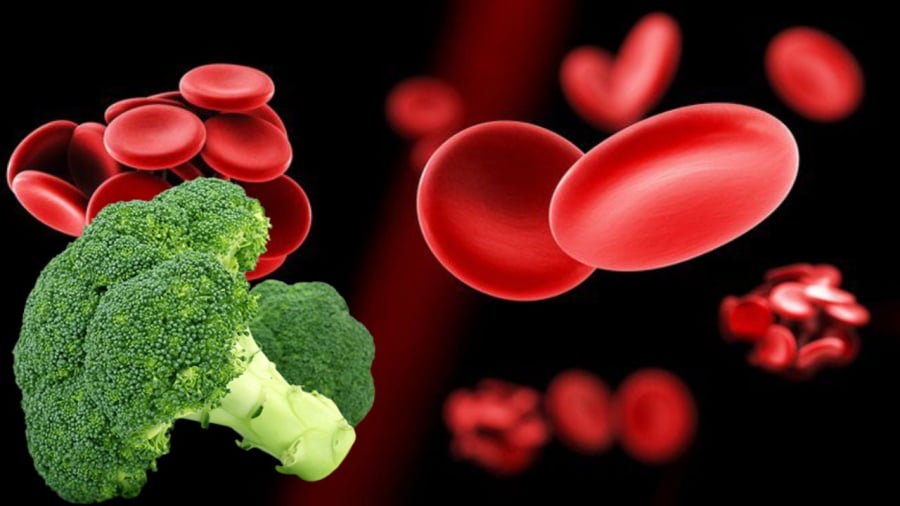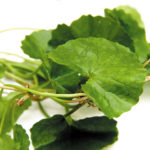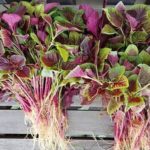Spinach or green cabbage, also known as kale, is a popular vegetable in Vietnam and is considered a delicious type of greens. A recent study published in the scientific journal ACS Central Science by scientists from Australia has found that spinach has an amazing benefit in treating blood clots, reducing the risk of stroke.
Scientists from the University of Sydney in Australia conducted a series of laboratory experiments on 23 compounds commonly found in plants to determine their impact on blood platelets.
Blood platelets play a crucial role in clotting wounds to prevent bleeding, but they are also the cause of dangerous blood clots that block blood flow. In vital organs such as the brain and heart, every second without oxygen can cause irreversible damage.

Spinach (green cabbage) is a popular vegetable in Vietnam
As a result, researchers discovered the compound sulforaphane (SFN), commonly found in cruciferous vegetables such as spinach, white cabbage, and sprouts of green cabbage, has an anticoagulant effect.
This compound has previously gained attention for its ability to prevent cancer and reduce cholesterol.
In-depth analysis of the molecular-level effects of SFN showed that it can slow down the process of platelet aggregation and inhibit the formation of blood clots in arteries.
Dr. Xuyu Liu from the University of Sydney said: “The compound in spinach not only improves the effectiveness of clot-dissolving drugs after a stroke but can also be used as a preventive agent for patients at high risk of stroke.”
These new findings make SFN a promising method for reducing the risk of stroke in the most vulnerable individuals – especially since it is naturally present in spinach, known for its cardiovascular health benefits and protection against diseases.
SFN can also be used in emergency cases as a treatment method for stroke patients, aiming to minimize damage to the brain. These treatment methods can significantly reduce the harm caused by blood clots and ultimately save lives.
Meanwhile, the current clot-dissolving drug called tissue plasminogen activator (tPA) only has about a 20% effect in protecting against brain damage. However, experimental results showed that if tPA is combined with SFN in spinach, the success rate can reach up to 60%. Furthermore, while blood thinners tested in stroke treatment cause bleeding as a side effect, SFN does not cause any bleeding symptoms.
With these research results, spinach once again becomes a food worth adding to your family’s daily meals. Although these are only preliminary findings, it is still a promising sign. Researchers say that in the future, the effects of the SFN compound on humans will be further investigated.






































